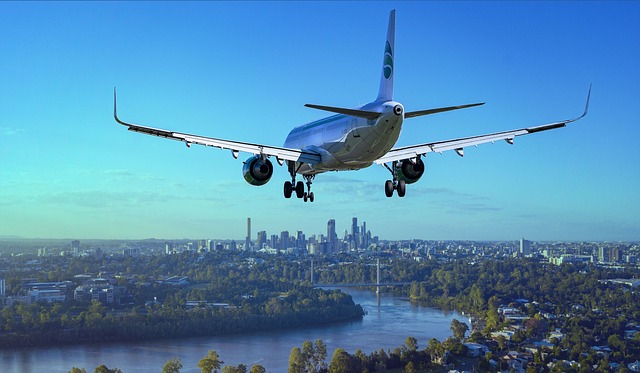
Uniquement disponible en anglais.
Par Paul Bardon et Olivier Massol.
JEL codes: R41; Q55; Q41
Between 35 and 71% of the decarbonization of aviation is expected to be achieved through sustainable aviation fuels (SAF). This ambition implies that energy production must swiftly start supplying large quantities of SAF, considering the current total dependency on fossil fuels. This paper analyzes the factors influencing present and future SAF market availability – namely resources, technologies, and costs – and attempts to assess the credibility of current SAF development scenarios. Our findings highlight two main challenges: (1) short-term capacity building of an SAF industry still stuck in its infancy and (2) mid to long-term disproportionate resource requirements. Significant investments from all the industry players, not just energy providers and states, as well as dedicated regulations, are required to overcome the technology, energy, investment, and cost barriers hindering SAF development. Another issue concerns the sustainability of the sector’s future demand expansion. The envisioned growth rates will induce excessive biomass, hydrogen, and electricity consumption, jeopardizing other sectors’ transition pathways. Overall, the analysis questions the relevance of the resource allocation implicitly used in current industry scenarios for 2050, an assumption with essential environmental, social, and ethical implications. Against this background, policies aimed at lowering demand expansion seem unavoidable if there is any chance of achieving net zero by 2050.
